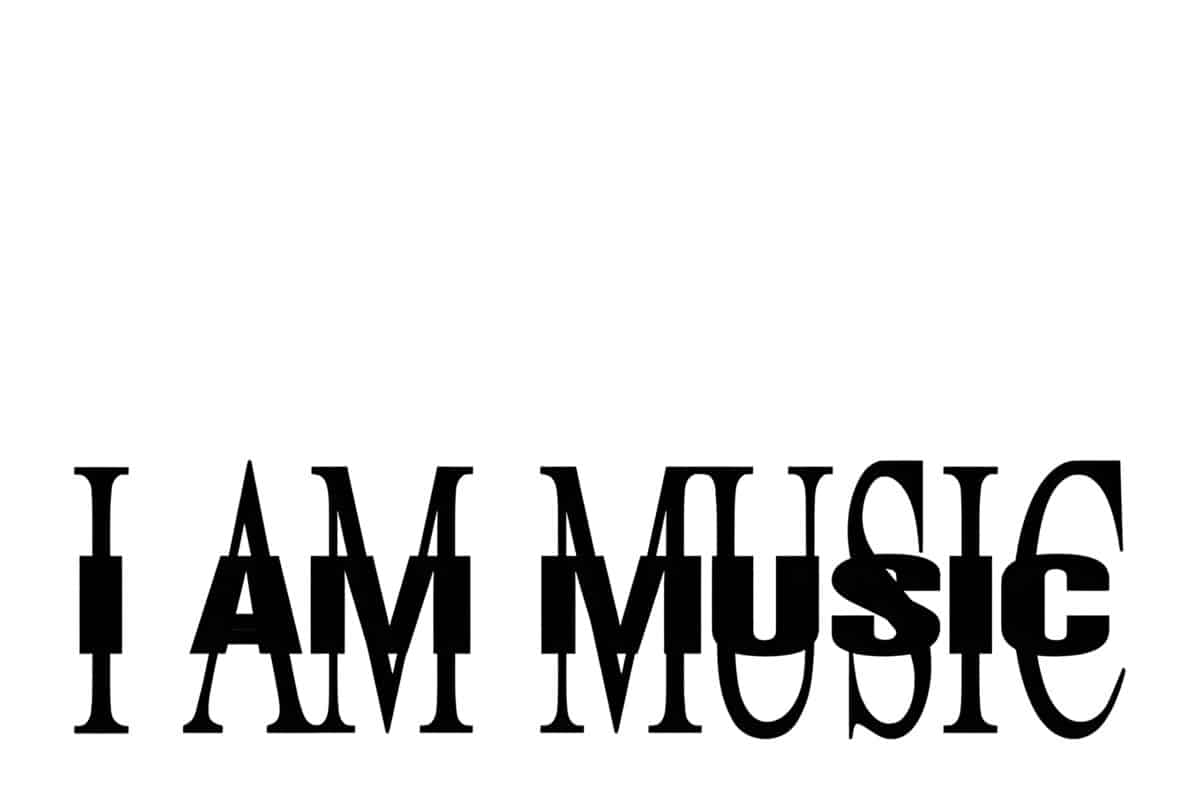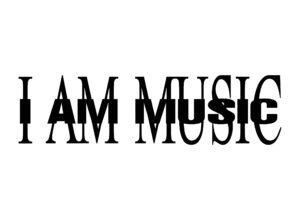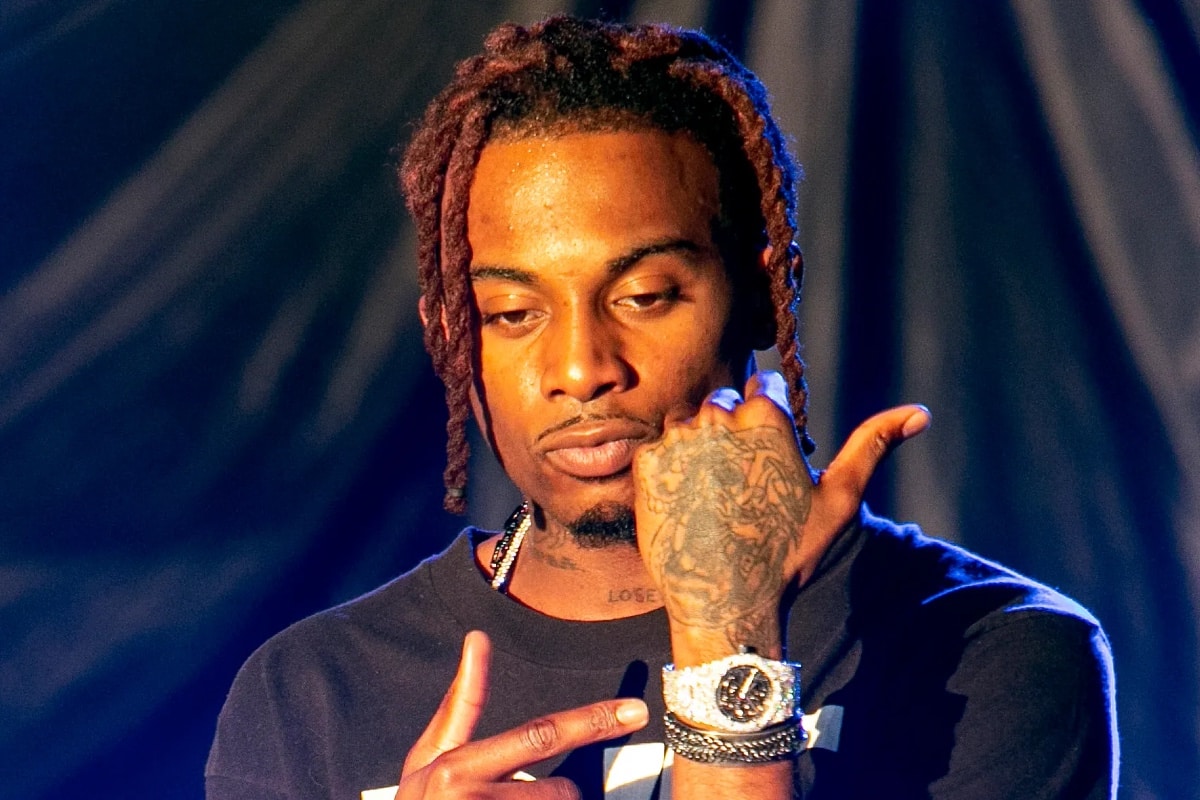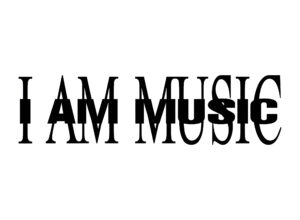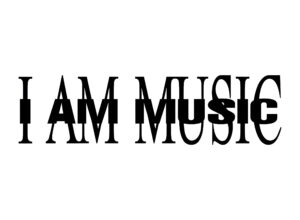Released: 2025
The song “RATHER LIE” by Playboi Carti featuring The Weeknd delves into the complexities of a turbulent romantic relationship where the truth seems less favorable than fiction. The song explores themes of dishonesty, self-indulgence, and a lavish lifestyle, where the artist openly admits preferring lies over losing the person he cares about. Both Playboi Carti and The Weeknd convey the lengths they’re willing to go to maintain their romantic liaisons, emphasizing a sense of emotional dependency intertwined with material extravagance.
The repeated hook, “I’d rather lie than lose you, girl,” establishes the central theme of the song. The phrase reflects a prioritization of the relationship over truth, suggesting that keeping his partner around is more critical than maintaining honesty. It’s a powerful confession that underscores the artist’s fear of losing his partner, indicating a potential lack of trust or an imbalance within the relationship. This notion of preferring comfort over truth resonates deeply throughout the lyrics, forming the song’s emotional backbone.
In the verses sung by Playboi Carti, he mixes personal vulnerability with boasts about his success and lifestyle. Lines like “Truth is, they can’t handle me at the top” reveal a sense of self-awareness and bravado, expressing his understanding that his success and persona might intimidate others, which could extend to personal relationships as well. This contrast of vulnerability and bravado creates a complex character who is deeply flawed but also aware of his faults.
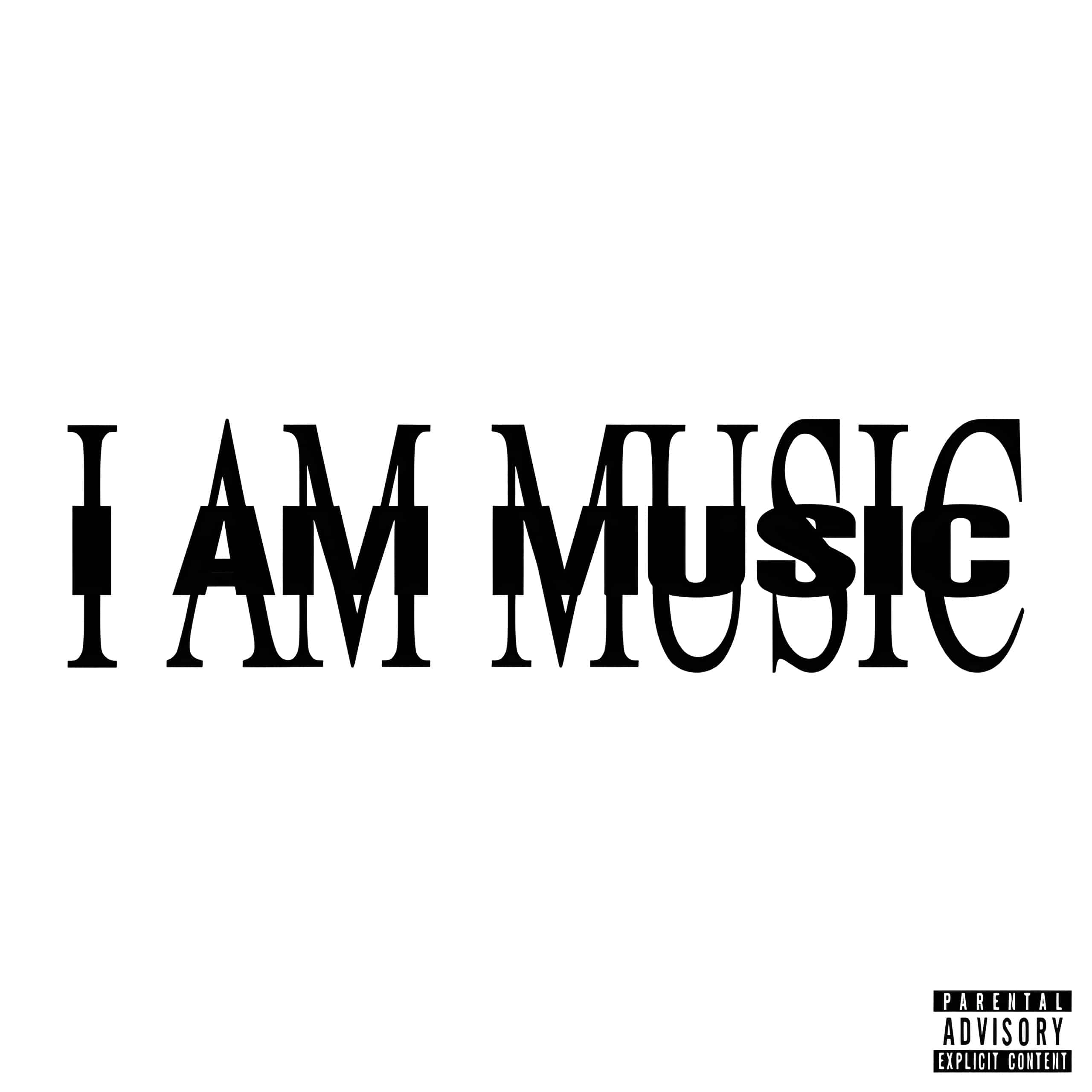
The Weeknd’s influence in the song introduces a more contemplative layer to the narrative. Known for his lyrical exploration of dark themes and inner turmoil, The Weeknd’s lines “Oh, you already know I’d lie to you than lose and break your heart” amplify the sense of sorrow and internal conflict. It hints at a realization that the artist’s actions, though not noble, come from a place of wanting to protect the person they love, albeit through deceitful means.
Playboi Carti’s verses also highlight an extravagant lifestyle, where he describes indulgences like “House in the hills, we’ll lay up” and “Hundred thousand racks in the bando.” Such lines paint a picture of opulence and hedonism that seem to both allure and complicate his relationships. This indulgent lifestyle acts as a backdrop to the primary theme of deception, indicating that wealth might be a barrier to genuine connection, masking vulnerabilities behind a veneer of luxury.
Carti also addresses issues of trust and the desire for reconciliation. In lines like “Ex got a problem, tell him say somethin'” and “Said that she leavin’, she wanna-, uh,” there’s an evident tension. The lines hint at possible conflicts with past lovers or their current lovers, illustrating the drama and complexities of modern relationships, especially those involving people in the public eye. This glimpse into personal drama highlights the strains and insecurities that fame can introduce into intimate connections.
In the later verses, there’s an introspective moment with “It wasn’t you, it’s me, it ain’t me, it’s you,” an indication of the confusion and contradictions within the relationship. The constant shifting of blame between him and his partner indicates a struggle for understanding and reconciliation, encapsulating the complexity of maintaining a relationship amidst personal flaws and miscommunication.
The repetition of the hook throughout the song reinforces the message that Carti would rather sacrifice truth than lose his lover. Each reiteration adds emphasis and layers to the narrative, underscoring how entrenched this mindset is in his emotional worldview. This choice between honesty and companionship forms a recurring dilemma that resonates beyond the confines of the song.
Towards the song’s conclusion, Carti again combines declarations of affection with self-indulgent proclamations like “Wrist in the freezer,” showing a material manifestation of his feelings. His fixation on wealth and physicality signifies a means to compensate for or perhaps overshadow his emotional vulnerabilities. This creates an interplay between materialism and emotional dependency, raising questions about the authenticity of his affection.
Overall, “RATHER LIE” presents a stark, raw depiction of a flawed but relatable emotional stance. It embodies the struggles between vulnerability, dishonesty, and the desire to maintain connections despite imperfections. The collaboration with The Weeknd adds depth to these themes, showcasing two perspectives on how deception is sometimes employed to shield loved ones from pain, making it both a personal and universally reflective piece.
